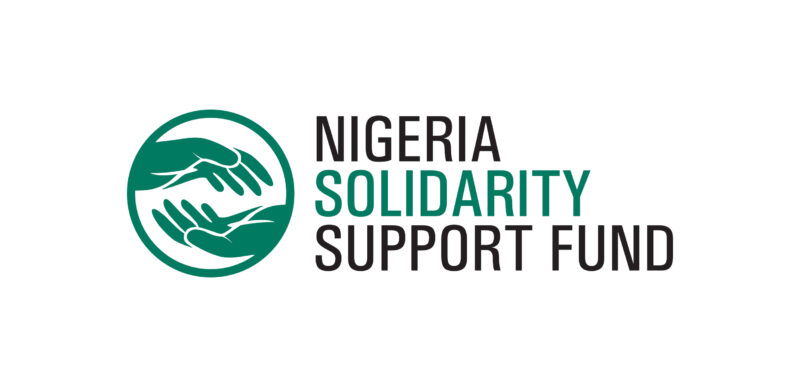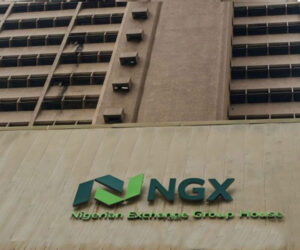The Nigeria Solidarity Support Fund (NSSF) marked its fifth anniversary in Lagos with a new brand identity, highlighting the organization’s five-year impact on more than 31 million Nigerians and setting the stage for ambitious health and youth-focused initiatives in the years ahead.
Established in 2020 through a partnership between Global Citizen and the Nigeria Sovereign Investment Authority (NSIA), NSSF began as a $50 million initiative aimed at addressing urgent health challenges in Nigeria.
Board Chairman, Mr. Tunde Folawiyo, explained that the Fund emerged from intensive brainstorming during the COVID-19 pandemic, with both organizations determined to create a sustainable and transparent charitable foundation.
SPONSOR AD
“So we came from Global Citizen in Nigeria, and NSIA also had its responsibility to do something to help Nigeria,” Folawiyo said, adding, “After a lot of brainstorming, every day during COVID, we were on the phone for three to four hours, just finding any which way to become something reasonable, and something that would be sustainable. That is how we launched this idea to raise a target of $50 million to see what we could do to help the situation.”
Folawiyo emphasized that professional management and accountability were central to NSSF’s structure. NSIA serves as fund manager, providing governance and fiscal discipline, while Global Citizen offers advocacy and mobilization expertise to engage donors and raise awareness. “We were very intentional about making sure that transparency and governance rules are there,” he said.
A defining feature of the Fund is its youth-centered strategy. Folawiyo noted that young people, who constitute the majority of Nigeria’s population, are pivotal to achieving sustainable health outcomes.
Vice Chairman of Global Citizen and NSSF Board Member, Mr. Aigboje Aig-Imoukhuede, highlighted the Fund’s measurable impact and the stories behind the numbers. “Out of the most challenging and gloomy times emerged something that has lasted and is still making an impact five years later,” he said. He recounted how youth trained through WeNaija influenced the lives of millions, demonstrating the capacity of young Nigerians to lead both their peers and older community members in health advocacy.
Aig-Imoukhuede also underlined the Fund’s health-equity mission. “COVID revealed that the disabled, the elderly, grassroots communities and women were often left behind. Health equity is about correcting the disparities of who gets access to healthcare versus those who don’t,” he said. “It’s not just about investing in healthcare; it’s about making sure that vulnerable groups benefit from those investments.”
The Fund’s impact figures since inception illustrate the breadth of its interventions: 22.56 million Nigerians educated on preventive health, 12,000 frontline health workers trained, 4.98 million people vaccinated against COVID-19, 156,125 children under five immunized, 20,651 pregnant women vaccinated against tetanus-diphtheria, and 562 young Nigerians trained as advocates through WeNaija, with an additional 1,855 mobilized nationwide.
At the media briefing, NSSF Managing Director and CEO Dr. Fejiro Chinye-Nwoko unveiled the organization’s rebrand and new operational framework. The Fund will now operate under the simplified name NSSF, with two strategic pillars: NSSF Policy, focusing on evidence-based advocacy in maternal health, primary healthcare, and health financing, and WeNaija by NSSF, a youth-centered platform for mentoring, funding, and grassroots advocacy.
From a $50 million launch to impacting over 31 million lives, NSSF’s five-year journey reflects a strategic blend of youth engagement, professional governance, and equity-focused interventions, positioning it as a long-term player in Nigeria’s health landscape.








